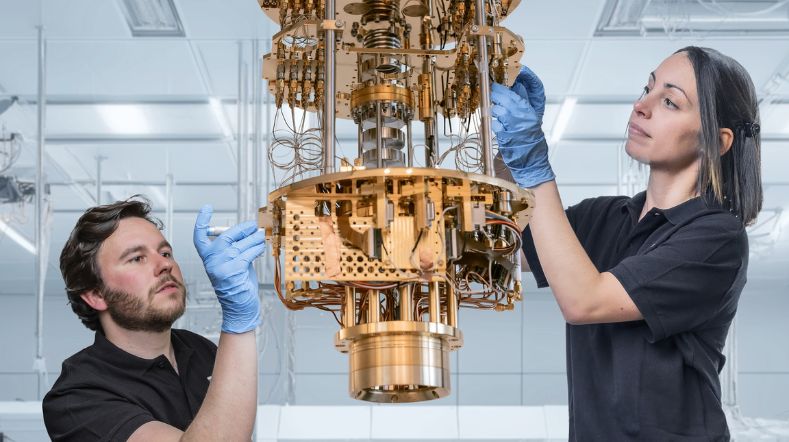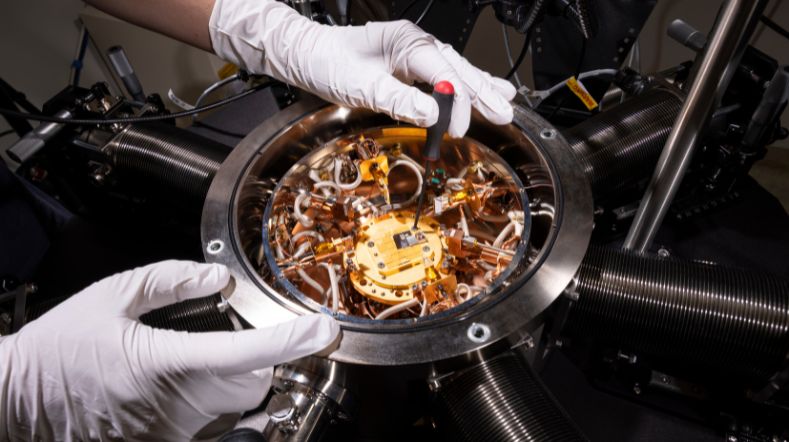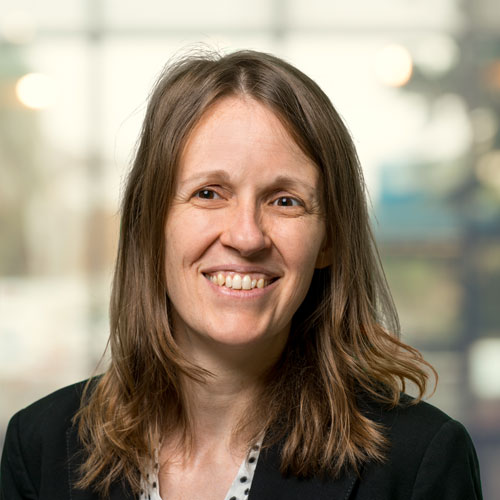
Optics
Innovative, high-performance optical solutions can help address some of the biggest sustainability, safety, health, and digitalisation challenges of our time. TNO Optics contributes to these solutions by partnering with industry and academia to develop tangible prototypes and proofs-of-concept of novel optical systems that are ready for testing or scale-up.
Innovation for the future
Optical systems are at the heart of satellite-enabled atmospheric monitoring, high-speed communication systems, next generation computer chip production, space exploration, and non-invasive detection of diseases. They can be used to monitor the structural integrity of bridges or wind turbine blades in real time, and can also be utilised in diagnostic systems for fusion reactors. TNO Optics is developing and optimising technology for all of these applications and more.
The science of sustainability
Optical satellite systems that monitor air pollution and greenhouse gases must not only be extremely precise, but also robust enough to perform in the harsh conditions of space. TNO Optics has proudly contributed to some of the world’s most advanced atmospheric monitoring systems, including the UVN optical bench module for TROPOMI and telescopes and spectrometers for the Sentinel-5 mission. We are also contributing to the development of key technologies needed for the proposed TANGO mission.
Optics expertise for high-performance systems
TNO designs and realises robust optical systems that perform at the highest levels of precision. To realise these systems, we combine and apply a wide range of optics expertise, including:
- Optical design
- Photonic Integrated Circuits (PIC)
- Optical fiber technology
- Metamaterials
- Calibration of space instruments
- Tissue optics
- Quantum optics
- System engineering
- Optical engineering
Digitalisation that drives the future
From laser data transfer to digital twins, and from equipment for the manufacture of advanced computer chips to quantum technologies, optics will provide the systems that support our digital future. TNO works with industry leaders to develop some of the most advanced optical systems in the world.
Addressing challenges together
Whether in public consortia or private contract work, TNO applies its extensive and impartial expertise in optics technology to address key societal and industrial challenges. Please contact us to learn more about how TNO Optics can help to design, optimise, or miniaturise your optical systems.
Advanced medical devices
TNO contributes to initiatives that aim for more accessible, affordable, and accurate health care. Our work with partners in Medical photonics has led to breakthroughs in retinal imaging, photonic health patches and wearables, as well as progress towards integrated photonics-based ultrasound imagers that are up to 100 times more sensitive than current state-of-the-art. We are proud to participate in collaborations such as MedIPUT, that aim for impactful innovations in health care.
Get inspired
TNO expands quantum information technology testing capabilities to support startups


Sharper choices needed in the Dutch chip industry
TU Delft appoints TNO’s Richard Versluis as Quantum and Computer Engineering Fellow


TNO technology selected for Secondary Mirror of W. M. Keck Observatory


First Dutch hybrid quantum channel for secure communication successfully established


